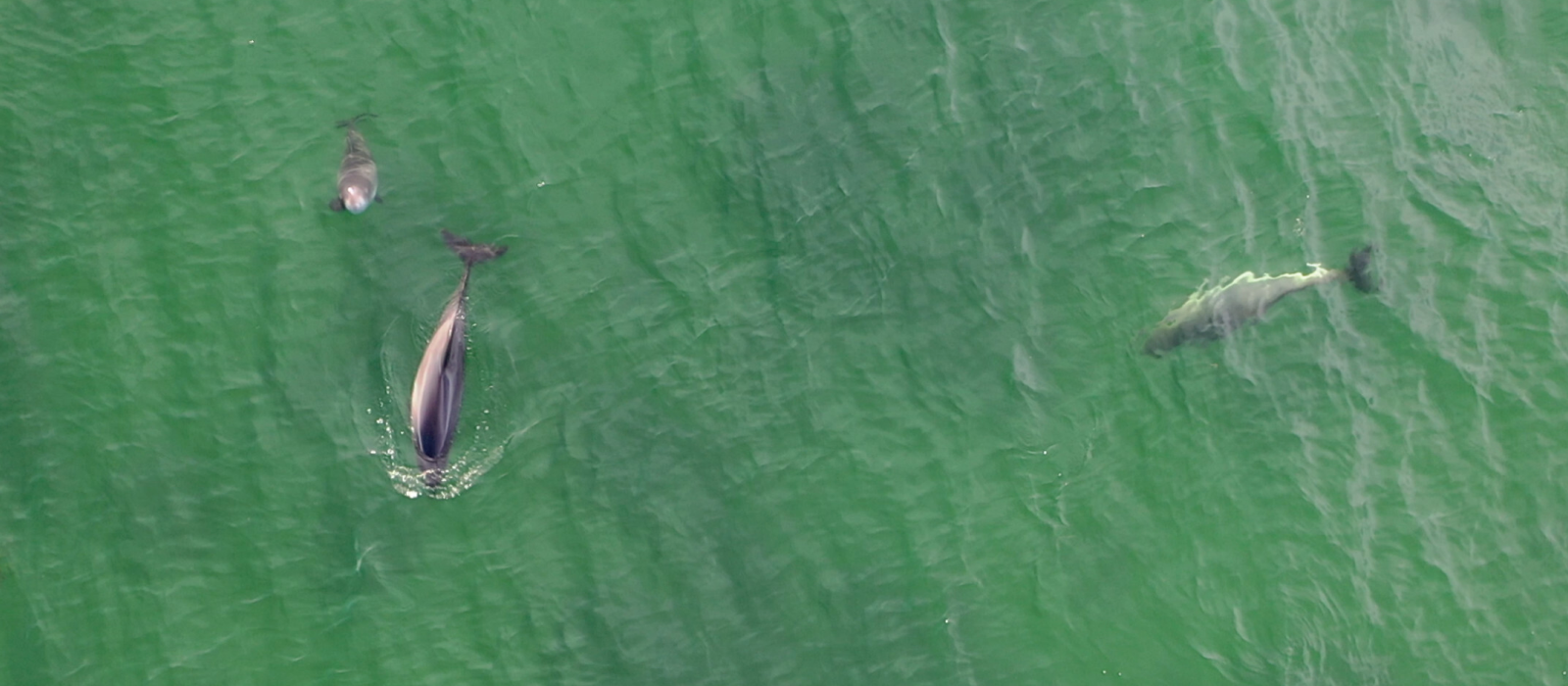
Conservation efforts for the harbour porpoise - Germany's only native whale species

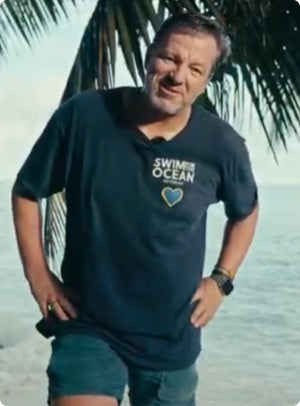
Extreme swimmer André Wiersig presents his favorite project in the video
need
Raising awareness and understanding of the threat and importance of the porpoise in the marine ecosystem in order to enforce stronger protection measures
activity
Targeted persuasion and communication work in the public and politics
Measurable performance
Number and depth of event protocols and reports in politics and the public
Result
The protection of the porpoise is being pursued more vigorously through political measures, for example through a year-round ban on gillnets in German marine protected areas
Systemically relevant impact
Increase in porpoise populations in Germany and worldwide
background
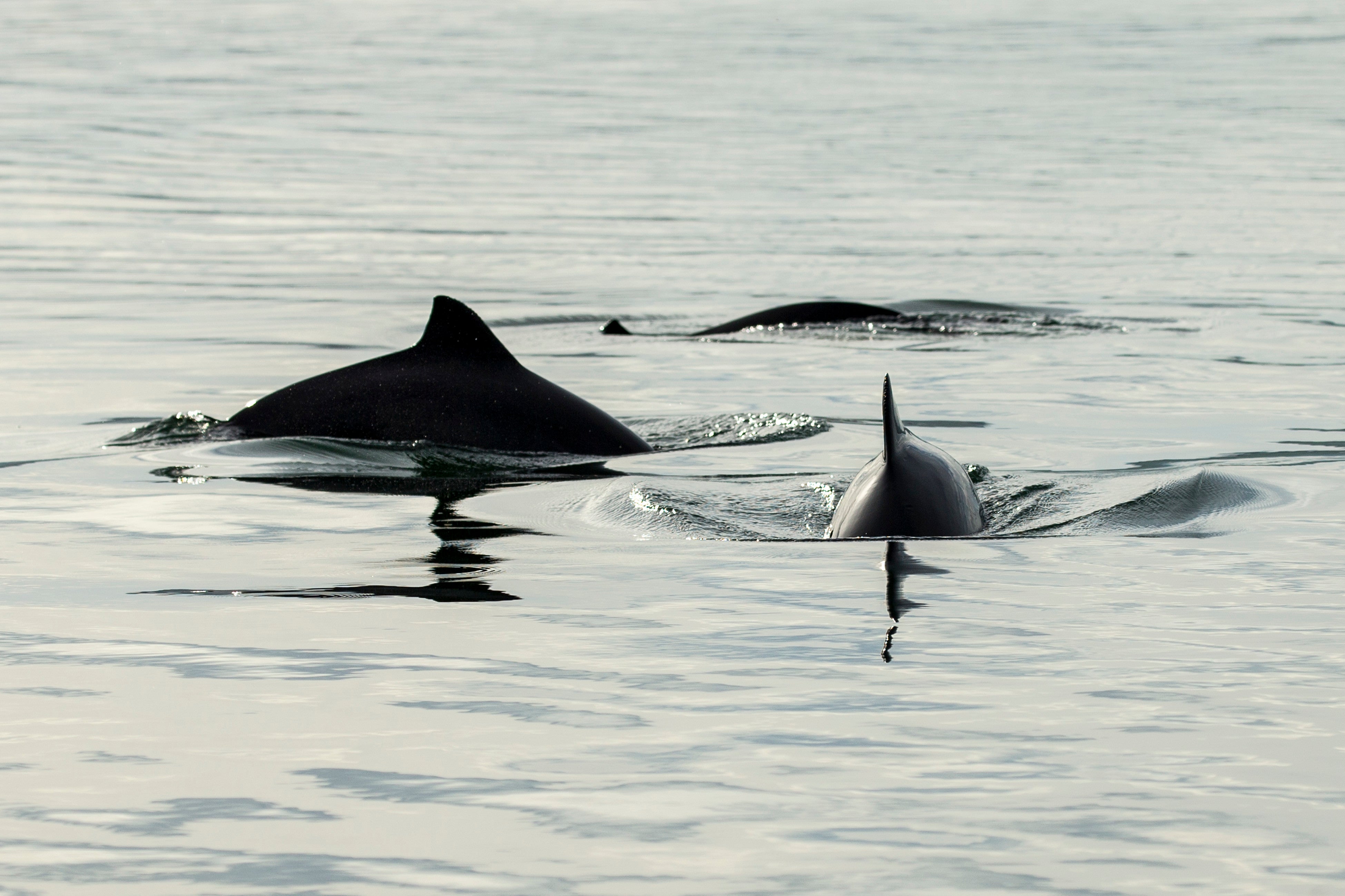
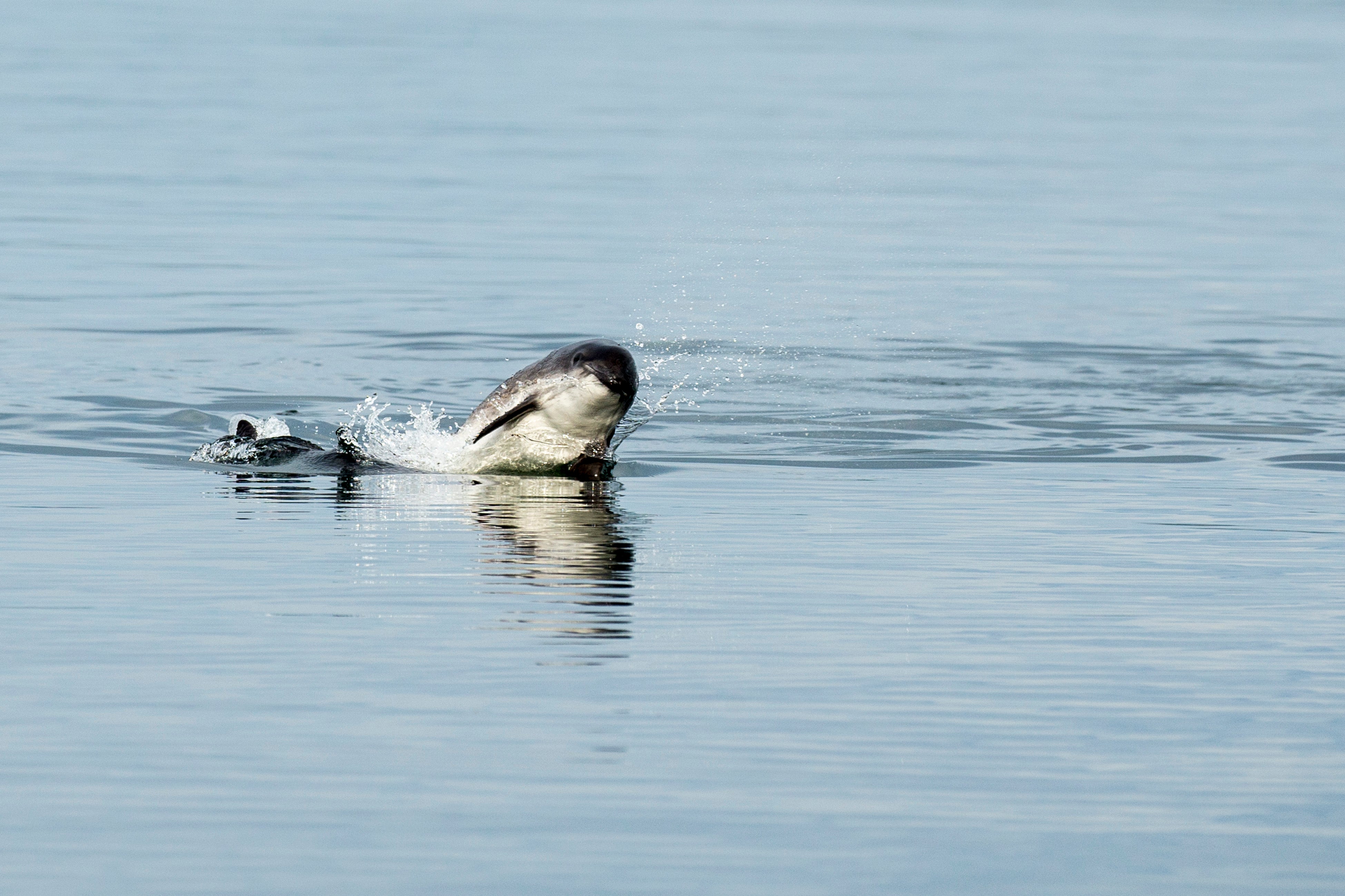
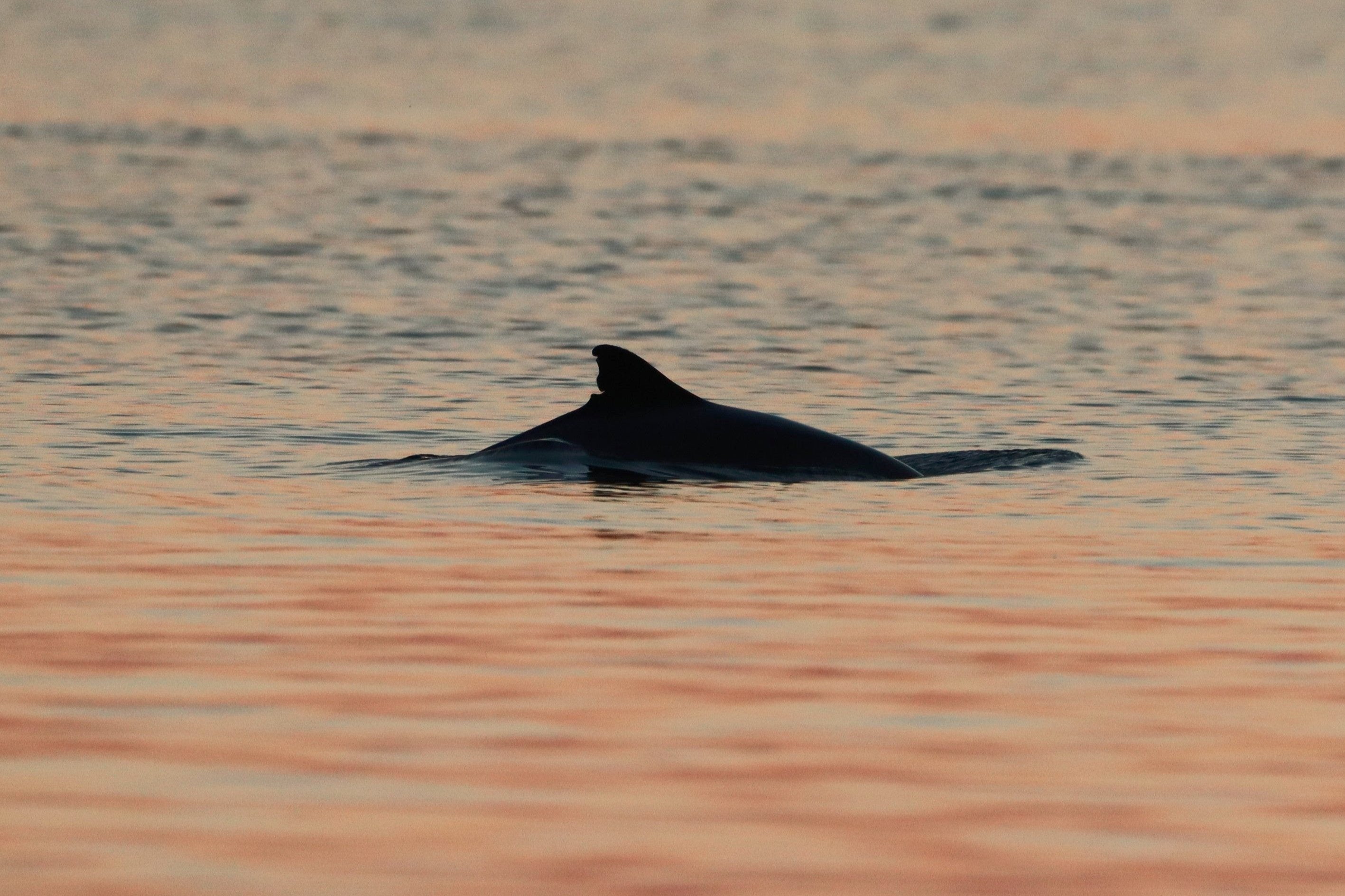
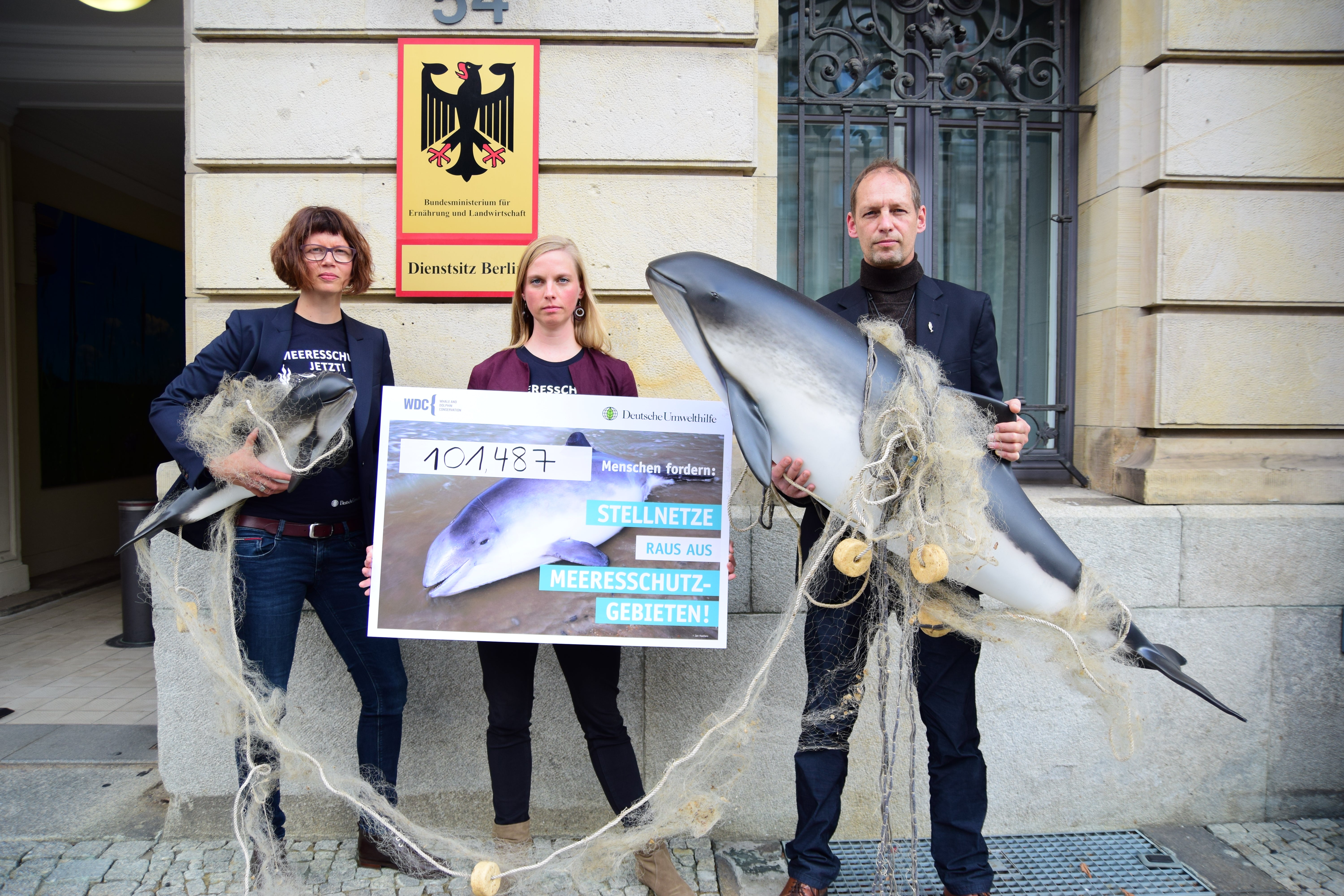
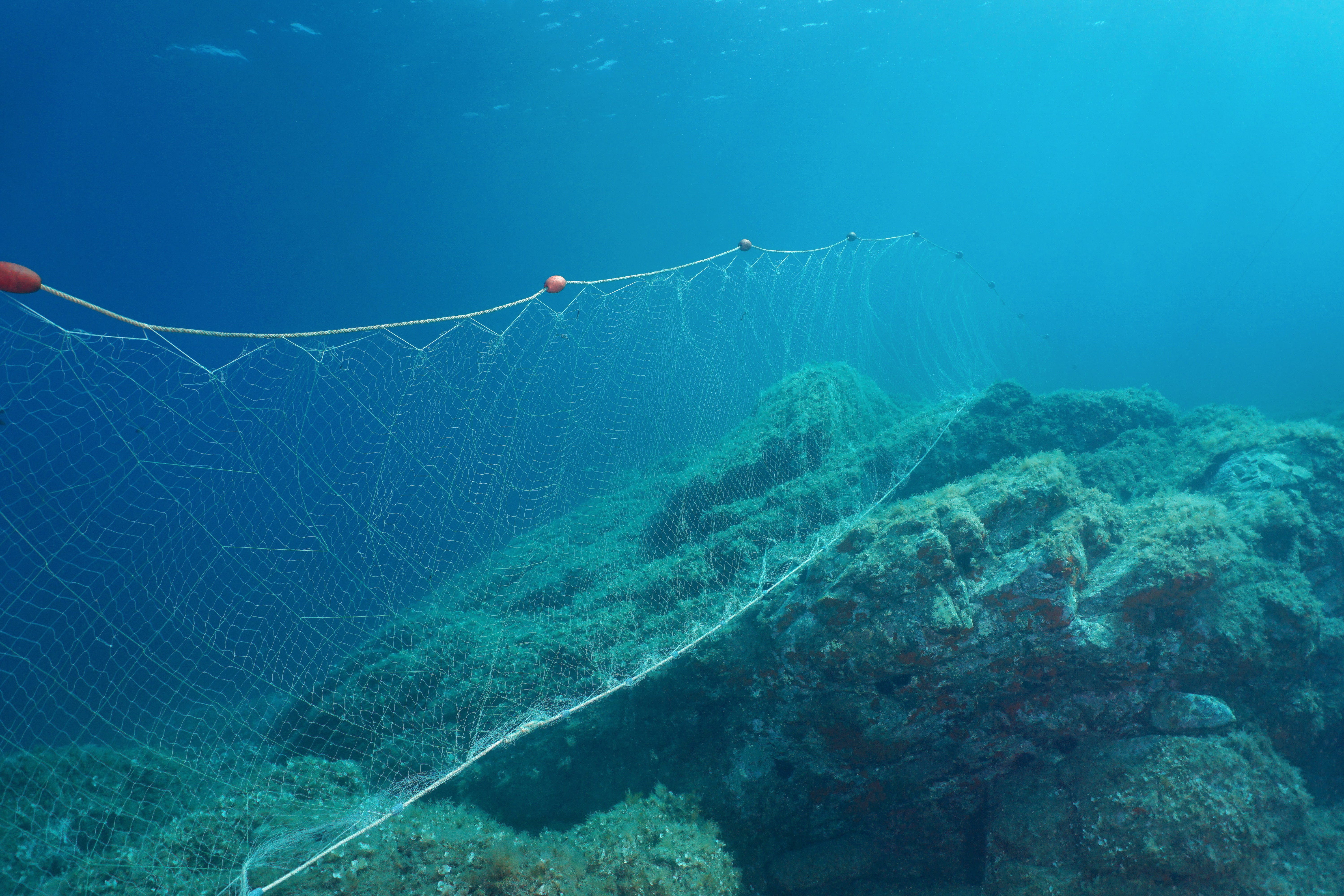
The good deed
About Germany
Berlin
Capital city
84.482.267
population
as of 2023
52.745.8
Gross domestic product
per capita per year in USD
as of 2023
0.950
Human Development Index
(Human Development Index)
as of 2023/2024




